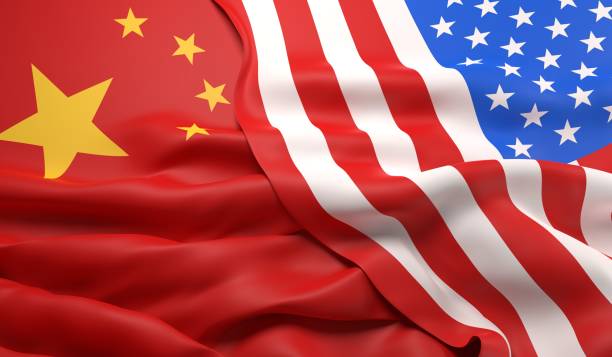China’s Foreign Minister Qin Gang emphasized the importance of stabilizing Sino-US relations during a meeting with US Ambassador Nicholas Burns in Beijing on Monday.

Qin cited “erroneous words and deeds” that have contributed to the current tensions between the two nations. Qin specifically called on the United States to rectify its approach to the Taiwan issue and to uphold the “one China” principle.

The relationship between the world’s two largest economies deteriorated significantly last year after then-Speaker of the House of Representatives Nancy Pelosi visited Taiwan, prompting China to cut formal communication channels with the United States, including military channels.

Qin expressed to Burns that the primary objective should be to stabilize Sino-US relations, prevent further decline, and avoid any incidents between China and the United States. The tension between the two superpowers appeared to ease in November when US President Joe Biden and Chinese President Xi Jinping met at a G20 summit in Indonesia and committed to more frequent dialogue. However, tensions resurged in February following an incident involving a Chinese high-altitude balloon in US airspace, which led to US Secretary of State Antony Blinken canceling a trip to Beijing.

Qin noted that a series of US actions since then have undermined the progress made in Sino-US relations, disrupting the dialogue and cooperation between the two countries. Burns also acknowledged the need for stability in the relationship through a Twitter post, stating that the two diplomats discussed the challenges in US-China relations and the importance of stabilizing ties and increasing high-level communication.

Recently, Blinken indicated the possibility of a visit to China, emphasizing the need to re-establish regular communication channels at all levels. In addition, US climate envoy John Kerry announced that China had invited him for talks on addressing the global climate crisis, raising hopes of improving one of the world’s most significant state-to-state relationships.

Digging Deeper:
The US-Taiwan relationship has been regulated by the Taiwan Relations Act since 1979, which provides a legal basis for Taiwan’s self-defense but does not require the US to come to its aid if attacked. As part of the 2023 budget, the US Congress has authorized up to $1 billion in weapons aid for Taiwan, using an expedited security assistance authority similar to that used for arms delivery to Ukraine.






